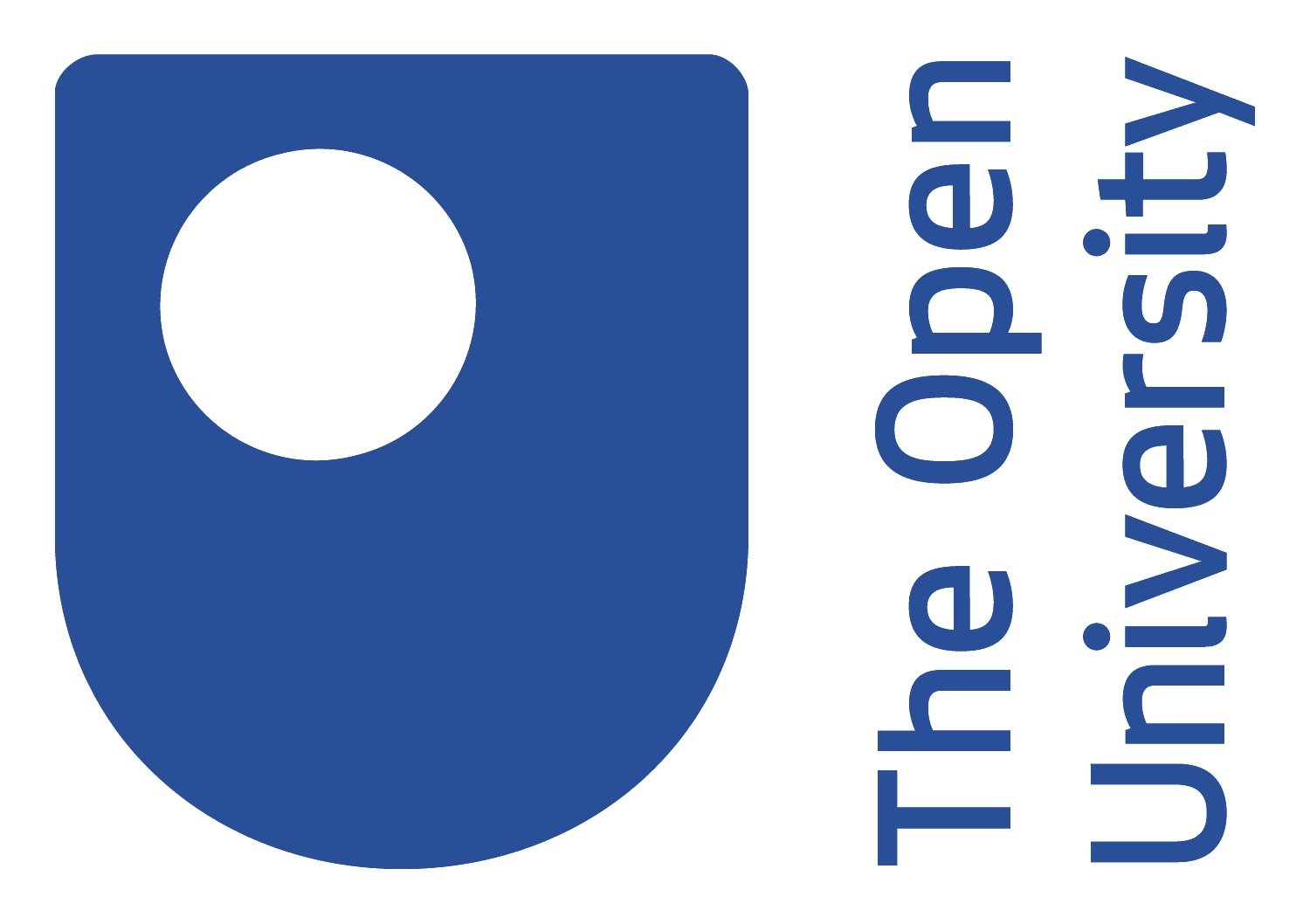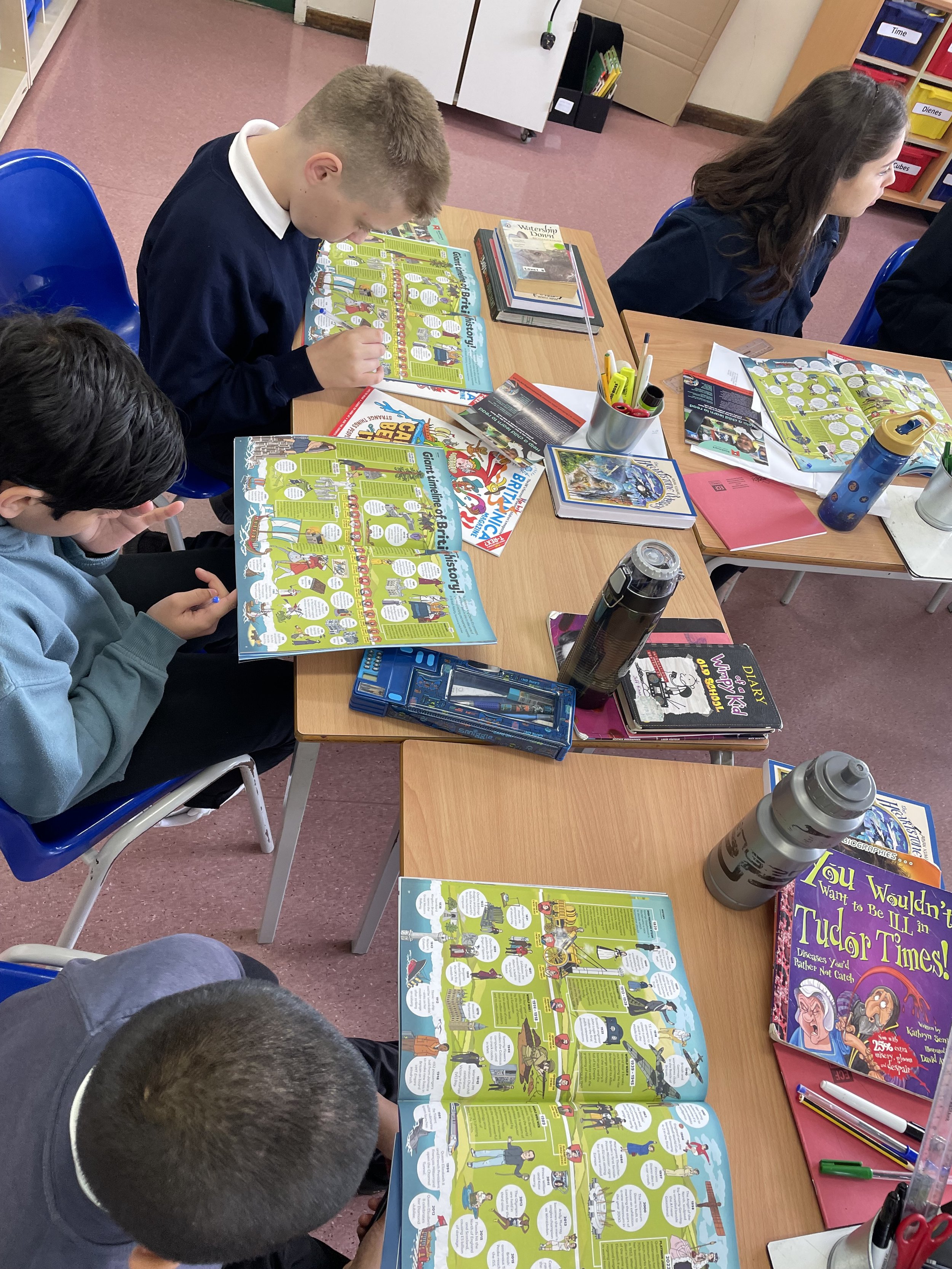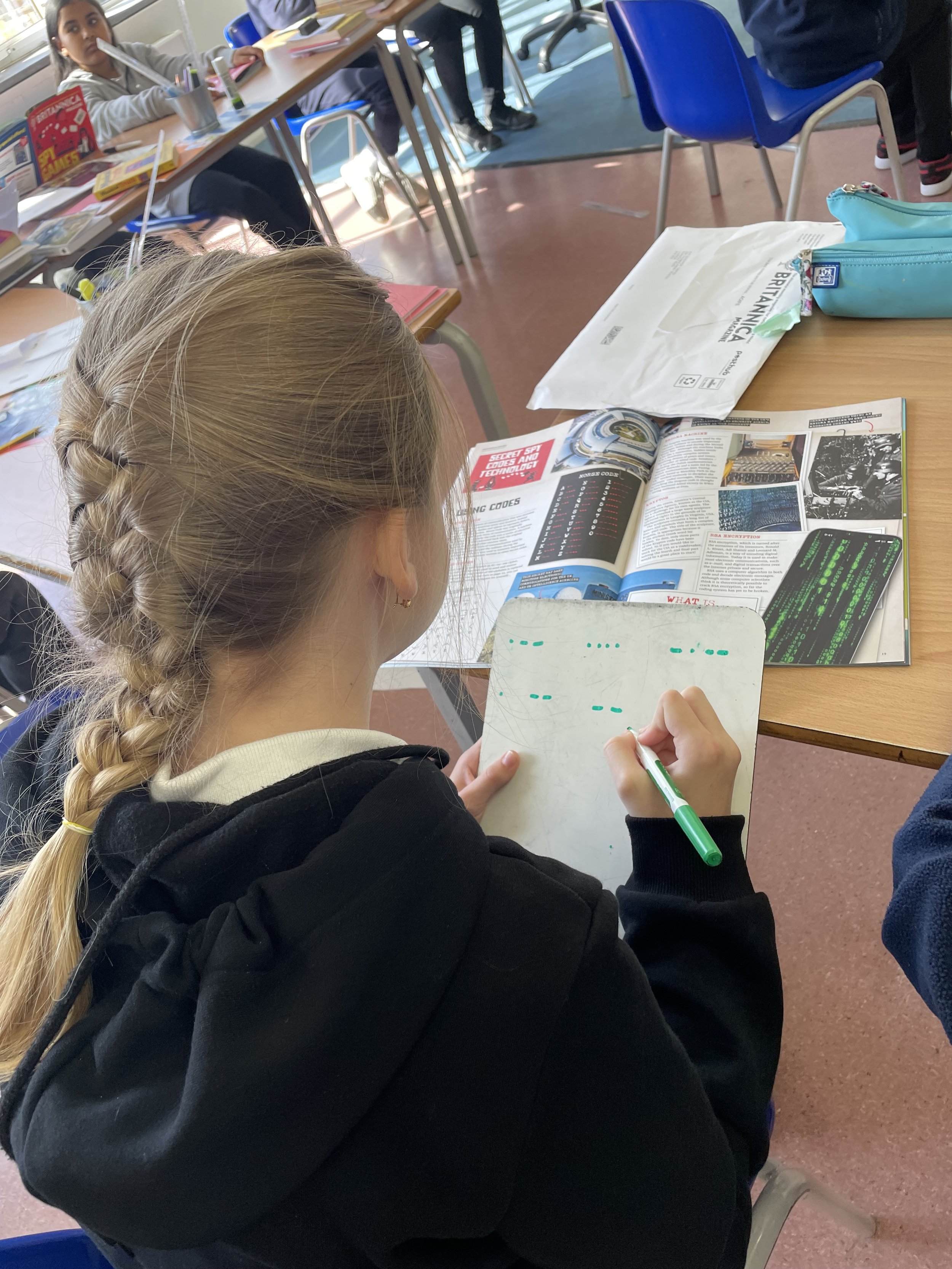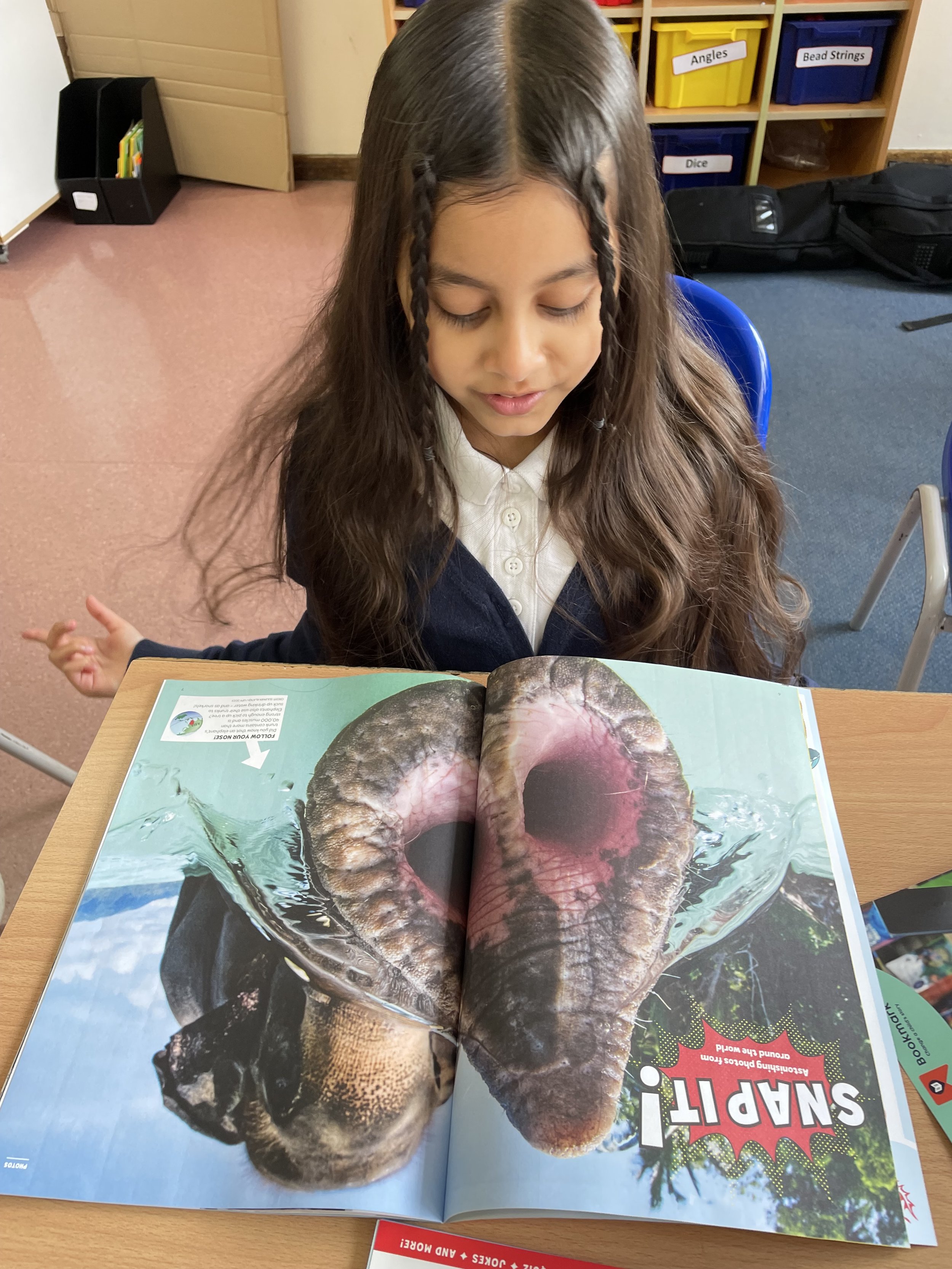RESEARCH
We are thrilled that Professor Teresa Cremin, Professor of Literacy in the School of Education at the Open University, has been leading the research into our magazine and the effectiveness of using non-fiction to engage children and encourage Reading for Pleasure. Professor Cremin has been appointed as ‘Reading Expert’ for the English Hubs Council, which is part of the Department for Education (DfE), as the leading expert in reading, helping to inform their programmes to improve the teaching of language and literacy to young children in England.
Two studies have been completed and further studies are currently being undertaken. The overwhelming evidence gathered is that What on Earth! magazine is able to engage children an a completely novel way when used in class, and the levels of interest and engagement generated are transformational and can be seen to quickly lead to a change in reading habits.
Please read on for summaries of the work undertaken and the results achieved. We would like to thank the researchers working with Professor Cremin, including Dr Sarah Critten, Kelly Ashley and Dr Samantha Hulston
Phase 2: Reader engagement study - PUBLISHING MAY 2025
Starting in June 2O24 and working with around 5OO Year 5 students from across the country, this study sought to further investigate how What On Earth! Magazine is able to engage children in reading - with little or no assistance.
The work had a particular focus on reluctant readers, and explored if, how, and in what ways the magazine inspires and guides them towards becoming children that read for pleasure, thereby helping to build a lifelong love of learning.
The study concluded in December 2O24, the data is being analysed and the results are currently being written up with the full report expected to be published in the spring. Initial results have shown a very positive uplift both in literacy and oracy.
CLICK HERE to view a selection of quotes from teachers and pupils that participated in the study.
Phase 1: Reader Engagement STUDY in association with the Sir Thomas Abney School, Hackney
What on Earth! Magazine is proud to be working closely with The Open University and The Sir Thomas Abney Primary School in Hackney, London, to assess the possibility for a children’s monthly non-fiction magazine to increase reading engagement in children in school, Year 5.
What on Earth! Magazine carries only non-fiction, presented in highly visual page designs. Every child has different interests, likes and dislikes, and the magazine aims to engage the widest possible audience by stimulating their natural curiosity.
Aims & Objectives of the 12-week study:
To investigate how the magazine is able, with little or no assistance, to engage children and steer them towards becoming regular readers or children that are reading for pleasure. In particular, change with so called reluctant-readers is of interest.
To ascertain if the magazine is developing and growing informal discussion with families, teachers and school friends.
To observe any difference between genders and how they engage with the magazine.
Professor Teresa Cremin oversaw the study and her colleague, Kelly Ashley, a lecturer in the faculty, has prepared the documentation and delivering the study programme.
37 year 5 children have been divided into two groups. Group A receives ‘light touch’ guidance over a 45-minute period each week as they enjoy the mag and Group B is left to free read. The children each receive their own copy of the magazine each month, and they can take it home and keep it. Entry and exit surveys, focus groups, parent interviews and teacher interviews, as well as weekly tracking are all contributing to a data set that will be fully analysed at the end of the summer term.
Sir Thomas Abney Primary school are fully engaged and committed to the study and have been of huge assistance. Their teachers and the senior staff have embraced the magazine and feel that, even though it is just half way through the study, the children are really benefitting.
Of particular interest is the level of engagement that the boys have shown along with their willingness to share thoughts and ideas about the content. The early results and the data that is slowly emerging shows that it is having a very positive effect, and that it much appreciated by the teachers whose skill and knowledge of the children has provided great insight.
Here are some questions that have been used to support evidence collection
Are there any particular changes in pupils’ reading behaviours to note (e.g. text choice, frequency in which the child chooses to read, who they read to/ with, how they discuss their reading)?
Are there any particular changes in pupils’ attitudes or dispositions (e.g. enjoyment and engagement, changes in motivation, willingness to read)?
Are there any noticeable changes in children’s curiosity since interacting with magazine content (e.g. further reading on topics, curriculum explorations)?
Are there any noticeable changes in communication with families about reading since the magazine has been introduced?
We would like to record our sincere thanks to Geraldine Fitzmaurice, executive headteacher, Lyn Willis headteacher, Kathryn Edwards, deputy head teacher, Sam and David, incredible class teachers and to all the staff at the school who have been wonderfully welcoming.
Also, Professor Cremin and to Kelly Ashley for all the assistance and guidance.
If you would like to be kept informed as the study progresses please contact John Gordon-Reid:
E: john@whatonearth.co.uk M: 07881 922154







